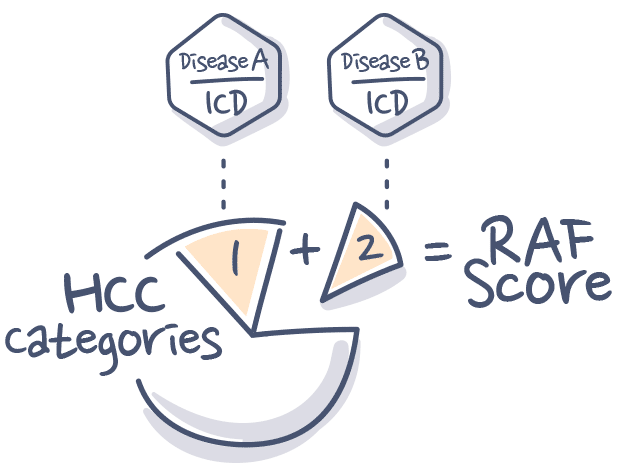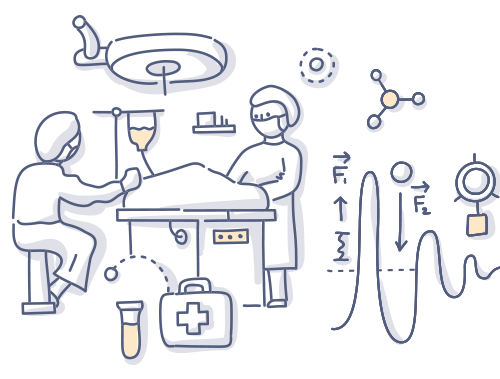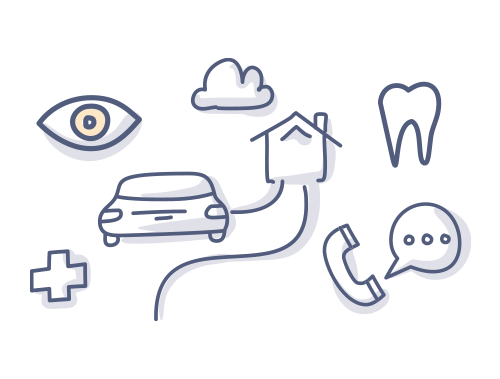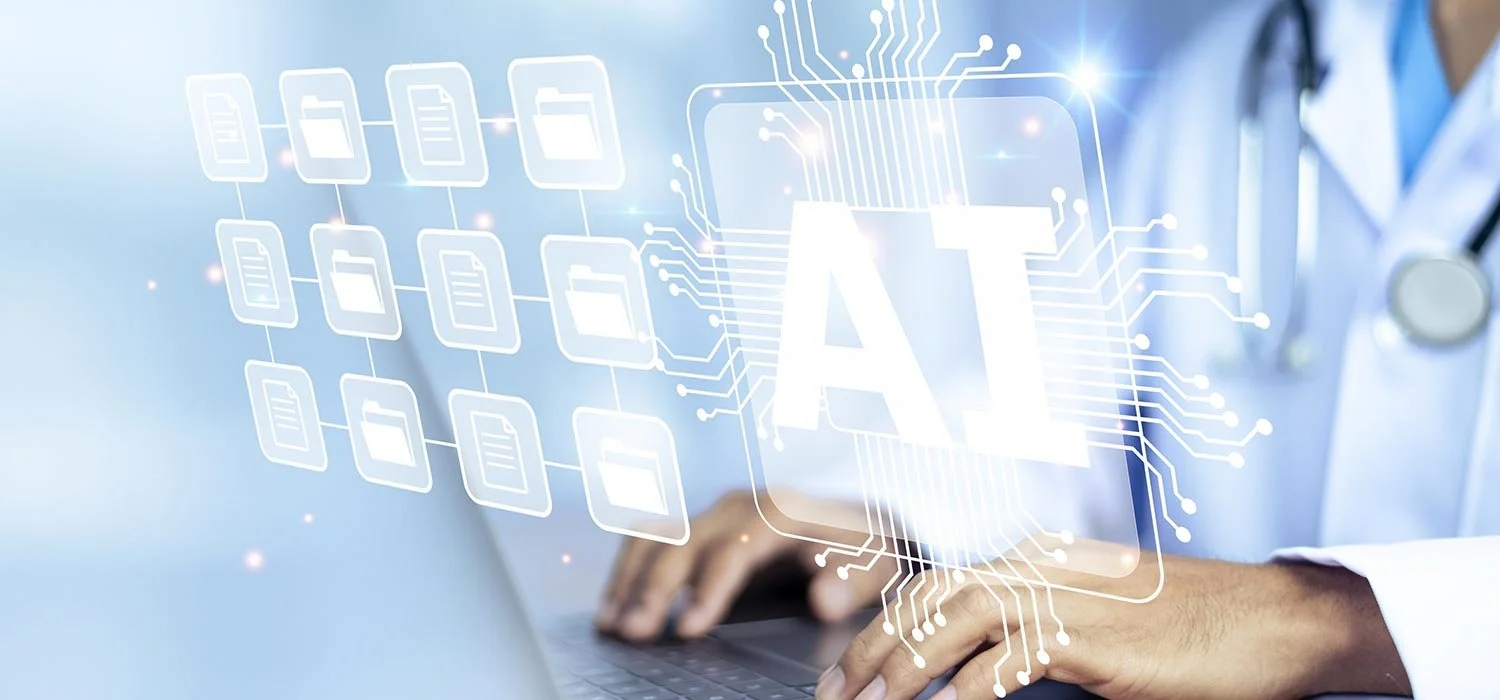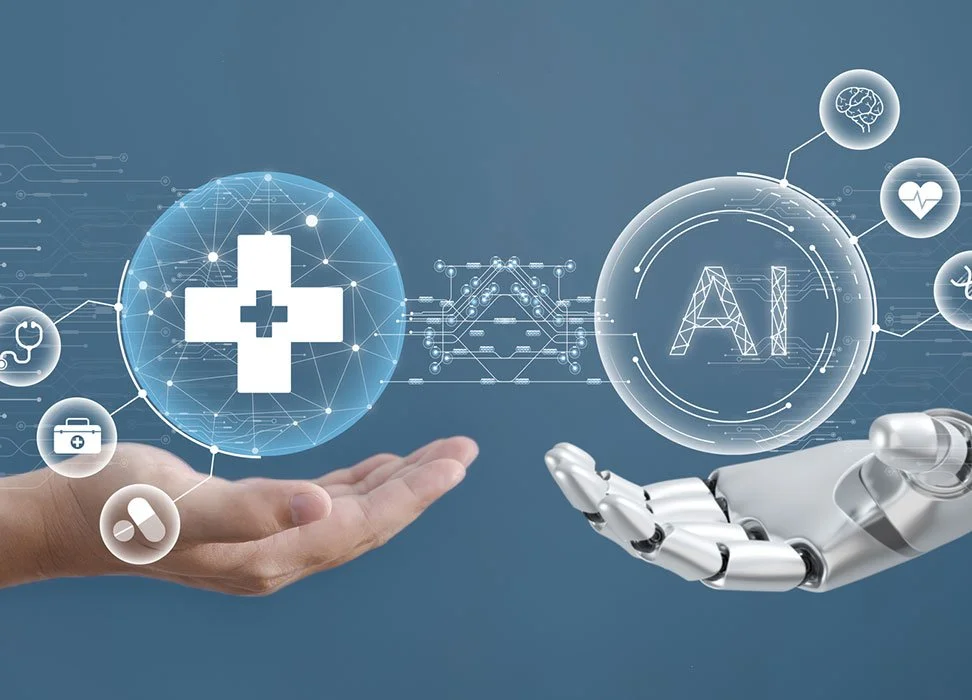Explainers
medicare risk adjustment
There are many different models for risk adjustment within the healthcare system. CMS uses HCC categories for Medicare Advantage patients, but how are risk scores actually calculated?
value-based healthcare
The healthcare delivery model within which providers, hospitals and physicians receive payments based on patient health outcomes is understood as value-based healthcare. But what does it mean?
artificial intelligence
The use of artificial intelligence (AI) in healthcare has the potential to assist providers in many aspects of patient care. But will some healthcare providers refuse to work alongside it?
predictive analytics
Predictive analytics in healthcare has many benefits. How are organizations pulling actionable, forward-thinking insights from their ever increasing healthcare analytics data?
computer assisted coding
Computer assisted coding does not eliminate the need for medical coding professionals to be involved. But, can it make them more productive and accurate?
medical algorithms
There are many medical algorithms in healthcare, but why do most physicians use only a small segment of them, or none at all, in their daily workflows?
healthcare technology trends
In today’s connected world, technology is becoming increasingly relevant in every business industry. But why is healthcare technology one of the most critical?
APIs in healthcare
APIs in healthcare allow information systems to communicate back and forth from one system to another. But why is that important and who benefits from sharing data?
Hospital Workflows
Why are workflows one of the many crucial but sometimes overlooked aspects of how hospitals, clinics and other medical practices reach their objectives?
data collection in healthcare
Modern technologies have struggled to contend with huge volumes of information, which has led to poor performance, lost revenues, and wasted time, but why?
PHI vs PII
PHI has become a common term of healthcare jargon. But what’s the difference between PHI and PII, and what are the rules for compliance and penalties for non-compliance?
E&M Codes
Physicians use E&M codes to bill for services and obtain reimbursement. What are some of the important considerations to know when selecting the right ones?
Condition counts
Condition counts (including co-morbidities) are considered in determining a patients RAF score. But how are HCC hierarchies applied prior to counting conditions?
social determinants of health (SDOH)
Social determinants of health are the conditions and factors that influence the health of populations. But how does it get collected and what can we learn?
types of Medicare Classes
The Medicare system in the United States is made up of four different parts, but what are the parts and what does each one do?
HCC Coding Examples
Understanding common HCC codes is crucial for accurate medical coding and billing, so what exactly are the most common codes?

